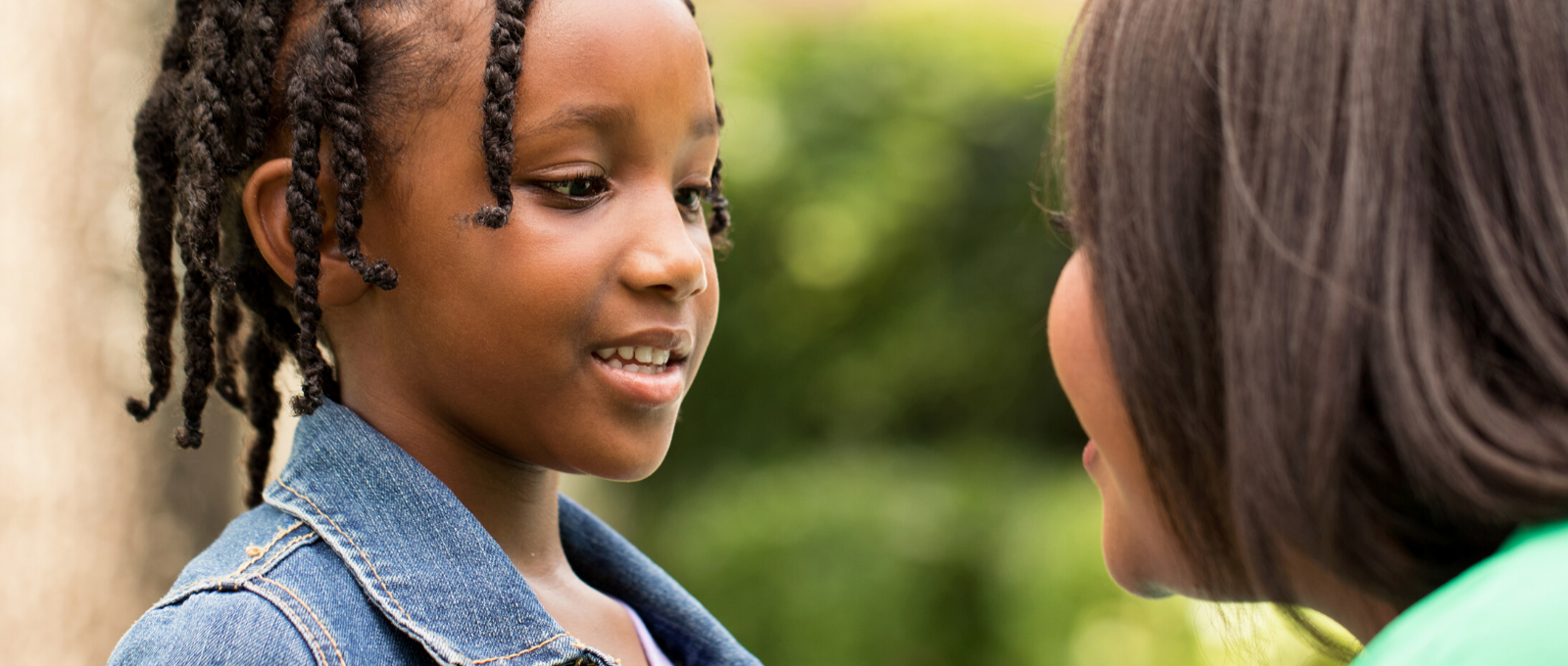“Our family really knows how to cook!” my son exclaimed proudly as he served his own specialty macaroni and cheese to us a couple of days ago for dinner. “YES!” my youngest agreed happily, squeezing enough ketchup for the entire family onto his plate.
Whether or not I agree with the level of culinary sophistication that my children have assigned to their dinner contribution is not the focus of this blog. But my son’s proud statement, “Our family knows how to cook!” reminded me that in this imperfect, overwhelming, and complicated time we have the opportunity to shape something far more influential than the dinner menu.
As many of our familiar routines fall apart around us and uncertainty abounds, our kids are actively adding chapters to our family story. They are busily answering questions like, “Who are we? What do we care about? How do we take care of each other?”

Family stories build resilience.
Two decades ago researcher Dr. Marshall Duke asked children a set of questions to help explore the role of story and ritual in U.S. families. His questions centered around family stories such as, “Do you know where your grandparents grew up? Do you know the story of your birth?” Far from just an interesting pop quiz on family history, his team of researchers found that the capacity of children to answer these questions predicted the children’s sense of control over their lives, self-esteem, resilience, and their belief in the strength of their own families. Dr. Duke went on to explain that when we chronicle the stories of our family, we build resilience and give children and teens both a strong identity and a sense that they belong to something greater than themselves.
In his research, Dr. Duke identified a type of family storytelling that is especially helpful for building resilience and called it the “oscillating narrative.” As opposed to stories that detail straight paths towards either victory or destruction, oscillating stories are full of ups and downs, complications, accomplishments, growth, setbacks and strengths.
Oscillating stories might be complicated but they don’t lack focus. They have one important thing in common – they consistently communicate to kids that though our family has had ups and downs, we have unique strengths and we stick together.
Don’t miss the opportunity to narrate this chapter. Your kids are listening.
It has been quite moving in the days since social distancing orders went into effect to see the number of famous artists and authors hosting virtual story hours. Though we may be physically separated, many adults are reaching out to children and teens through one of the most powerful tools in our human toolkit: storytelling.
But let’s not forget the lessons of Dr. Duke’s research by outsourcing all the storytelling to the Internet. Our family stories are unfolding in real time and our kids are looking to us for guidance on who we are and how we are going to get through this.
Narrating these unexpected chapters of our family stories does demand a different kind of storytelling than some of us are used to. It won’t begin with, “Once upon a time” or end with, “Happily ever after.” It also doesn’t happen in one, idyllic story hour. The good news is that family storytelling is far more accessible. You might need to squeeze in little stories of resilience after an exhausting shift on the frontlines of the pandemic. Or welcome your kids back with a family ritual when they return from their other parent’s house. Or create space for reminiscing amidst the maddening mash-up of responsibilities that many of us are juggling right now.
That’s the gift of an oscillating storyline. It doesn’t demand perfection, it demands attention to our strengths through our messes, our triumphs, and our challenges.
It might sound as simple as:
“We were all a wreck this morning, weren’t we? I was grumpy for sure. I love that we are a family who knows how to have fun again even after a morning like that.”
Or,
“Figuring out this distant learning thing is hard. I’m grateful that we’ve done hard things together before. I remember when…. We always find a way to figure things out together.”
Or,
“When you kids were all younger, I remember when I lost my job and we were all so scared. It’s kind of scary like that now. We were so creative then when we…. I was so proud of how we solved problems together. Look at us doing it again now as we find ways to support other families going through the same thing!”
You have what you need to get started
Remember, research tells us that reminiscing about the everyday details of our family histories and narrating current events helps bind us together. It offers protection and builds resilience to get through this challenge and many more to come. Plus you can keep building on your family stories in ways that no one else can. There are no flash-cards that will help children understand your family’s strengths or believe in what you are capable of together. There are no online worksheets that will ensure that your children see both the uniqueness and intersections of our collective stories when this is all over. Instead, you have your love, your memories, your observations, and your creativity. With these, you can offer your kids stories of where you have been together and add new chapters as you go – one up and down at a time.